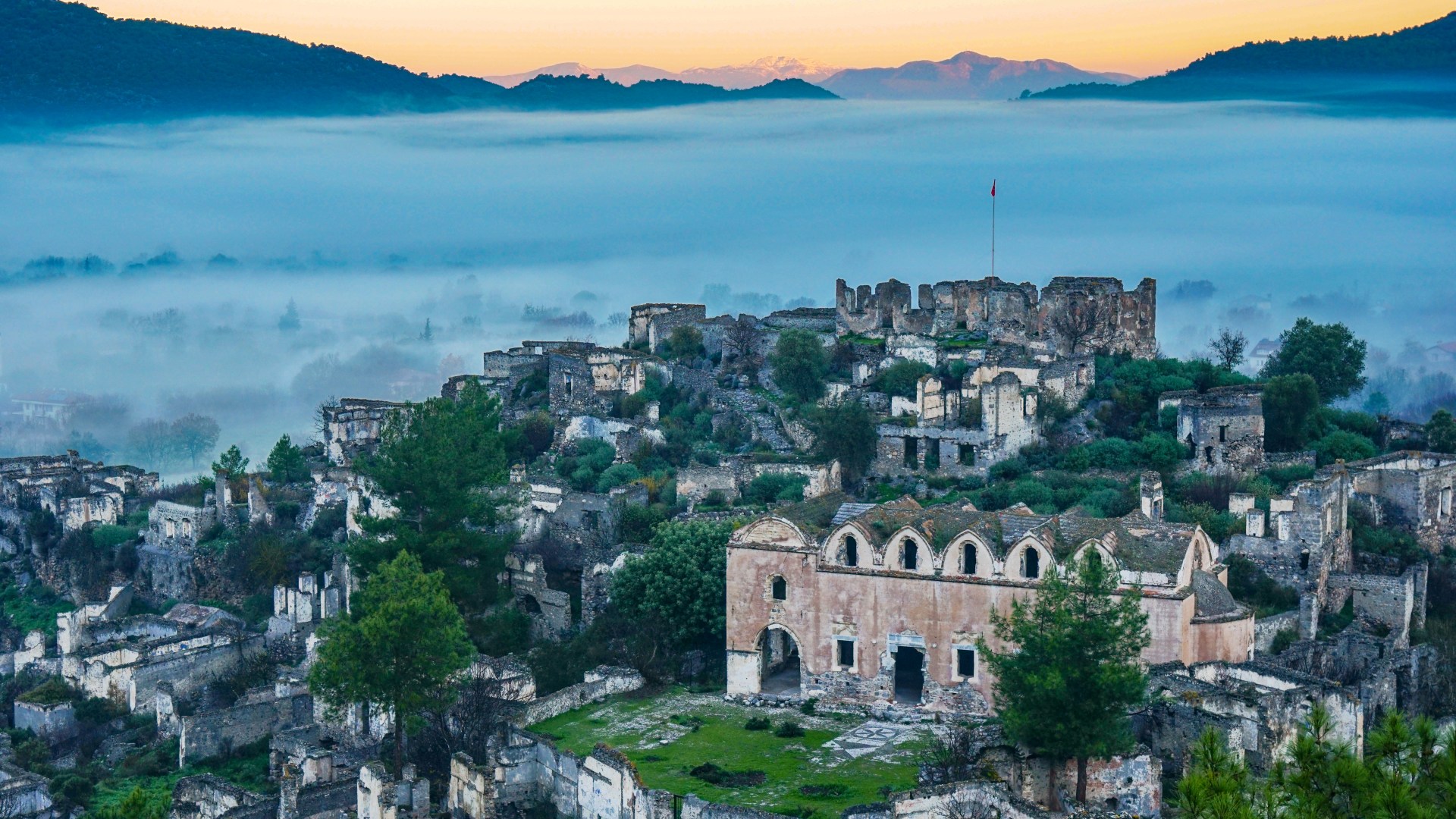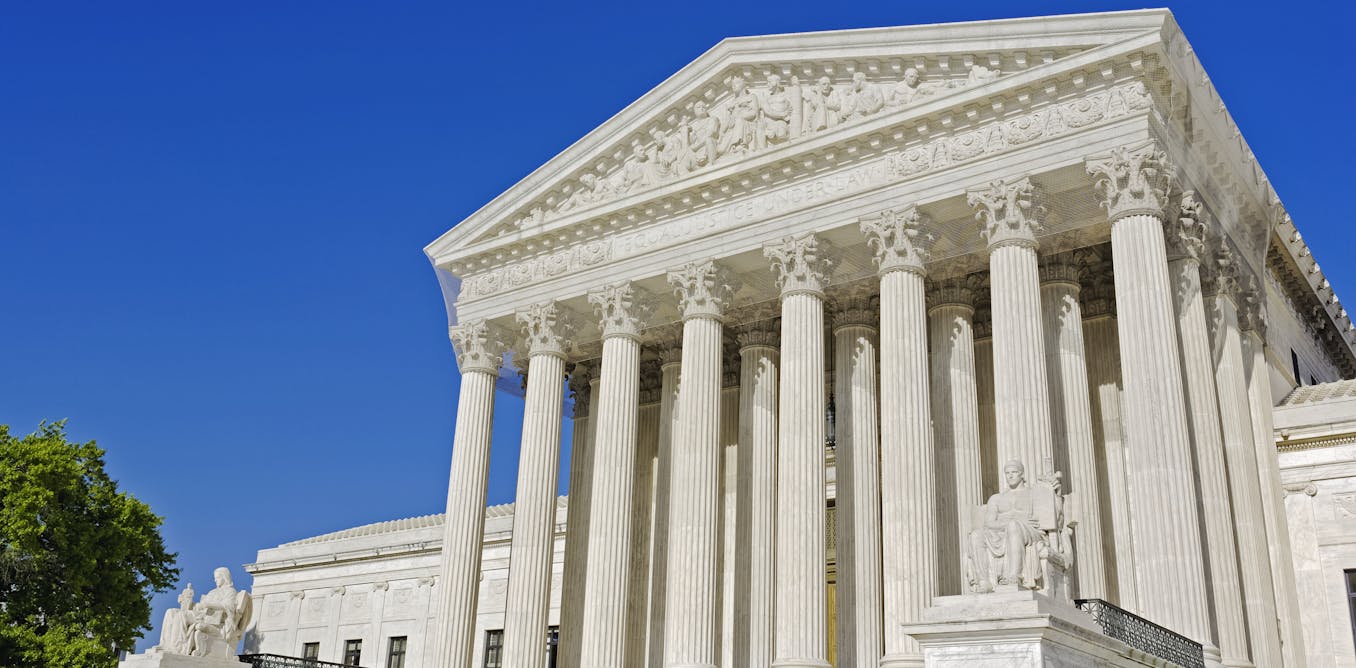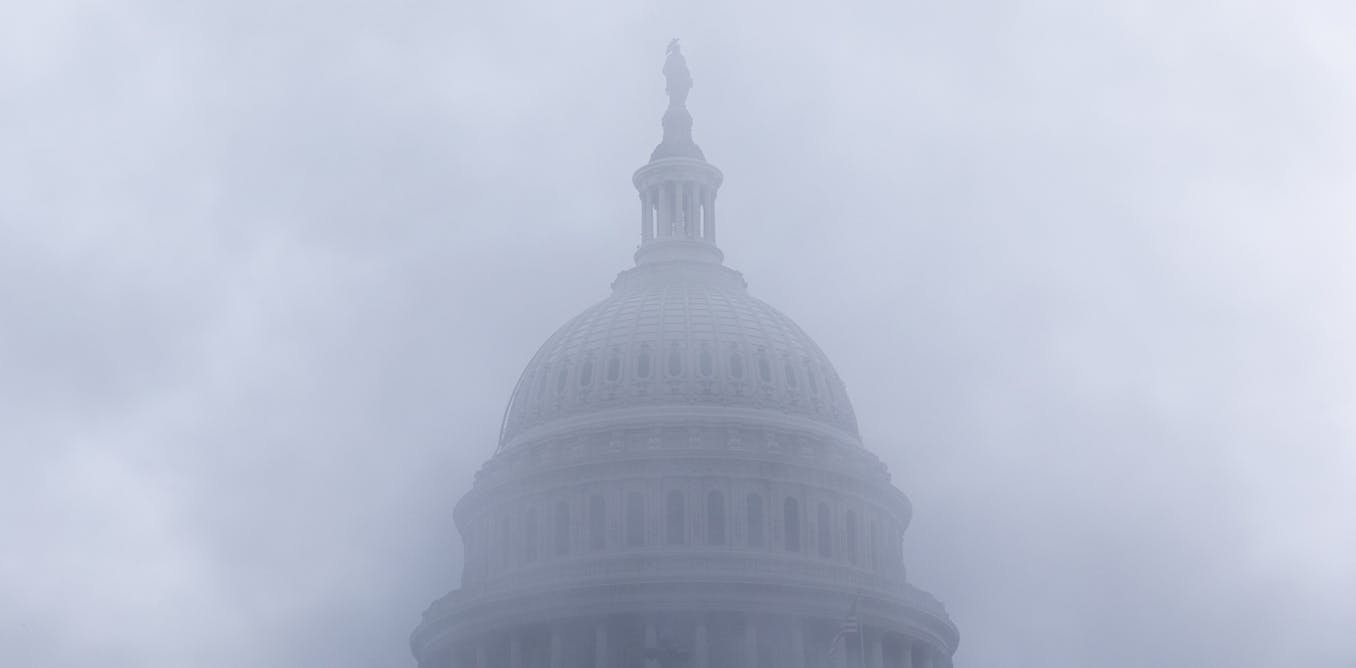THIS eerie ghost town used to be home to thousands but now lays abandoned due to its dark past.
Turkey‘s Kayakoy is located in the sun-soaked hills, with around 400 houses, two churches and multiple chapels that remain frozen in time.
11

11

11

11

11

11

11
Visitors have been drawn to the abandoned town due to its stunning crumbling buildings that are being taken over by lush greenery.
Incredible footage shows the desolate landscape of brick houses with missing windows, roofs and doors.
The stacks of infrastructure on the hillside look identical to one another, but some look to have crumbled faster.
In one clip an eerie, decrepit building looks to have an incredibly grand, tiled entrance to the massive site with over 10 windows covering just one of its sides.
Others show how massive chunks of walls have fallen clean off and smashed along the paths.
There are also remnants of old churches that used to stand, with the cross encrusted on some walls.
Down the narrow cobbled roads, tourists are able to explore what life may have been like for Kayakoy locals, with schools and shops still recognisable.
Over 100 years ago, Kayakoy was a busy town home to at least 10,000 Greek Orthodox Christians who lived alongside the region’s Muslim Turkish farmers.
By the 19th century it had been established as a cultural hub with incredible architecture that blended Green and Anatolian styles.
But as Turkey emerged to an independent republic, upheaval began, leading to the town’s tragic downfall.
Rising tensions with neighbouring Greece after the Greco-Turkish war that ended in 1922 led to both countries wanting to clean their citizens of any ties to one another.
This was otherwise known as the Population Exchange of 1923, which devastated those in Kayakoy.
The war led to the Treaty of Lausanne that, under the treaty’s terms, led to around 1.5 million Greek Orthodox Christians being expelled from Turkey to Greece.
And around 500,000 Muslims were relocated from Greece to Turkey.
Populations in Kayakoy, where communities mixed harmoniously, were forced to leave behind their lives in the town to resettle in unfamiliar areas of Greece.
The Muslim community, who were expected to resettle in Kayakoy, found the terrain and climate impossible to live and moved elsewhere – leaving it to rot.
In recent years there’s talks of parts of the town being restored – potentially leading to re-population or a cultural heritage site.
Either way, the town has recently had a new lease of life as tourists enjoy visiting to explore the abandoned landscape after officially being declared a protected area in 1988.

11

11

11

11




